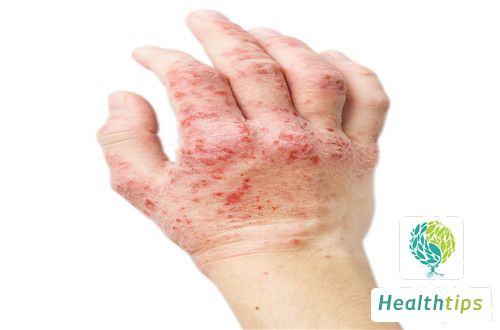What Does a Positive Helicobacter Pylori Test Mean?
A positive Helicobacter pylori test means that an individual has been infected with Helicobacter pylori, a Gram-negative bacterium primarily distributed in the pylorus of the stomach. This bacterium has a severe impact on the stomach, often leading to gastritis, gastric ulcer, and gastric cancer. The main symptoms include abdominal pain, bloating, nausea, vomiting, and acid reflux, posing significant harm and requiring timely eradication treatment.

The first symptom of Helicobacter pylori infection is indigestion, which manifests as irregular and incompletely formed stool. Such symptoms are common in daily life, and many people mistake them for simple indigestion, thinking that improved dietary habits are sufficient. However, if the infection is caused by Helicobacter pylori, dietary changes alone may not lead to significant improvement.
Additionally, patients may also experience symptoms such as oral malodor, excessive hunger, drooling, excessive weight loss, upper abdominal pain, and bloating. It is important to note that not all individuals infected with Helicobacter pylori require treatment. In the absence of clinical symptoms, even if the Hp test is positive, there is no need for Hp eradication. Regular observation and treatment decisions based on medical advice are recommended.
However, in cases with specific indications such as peptic ulcer, gastric mucosa-associated lymphoid tissue lymphoma, HP-positive chronic gastritis with indigestion, chronic gastritis with gastric mucosal atrophy or erosion, endoscopic resection of early gastric tumor or subtotal gastrectomy, family history of gastric cancer, or plans for long-term use of non-steroidal anti-inflammatory drugs (including low-dose aspirin), eradication treatment is necessary.
To date, no single drug has been able to eradicate Hp, and thus a combination of proton pump inhibitors (PPIs), antibiotics, and bismuth agents is advocated. There are various eradication regimens available, including standard triple and quadruple therapy, concomitant therapy, sequential therapy, and hybrid therapy.



















